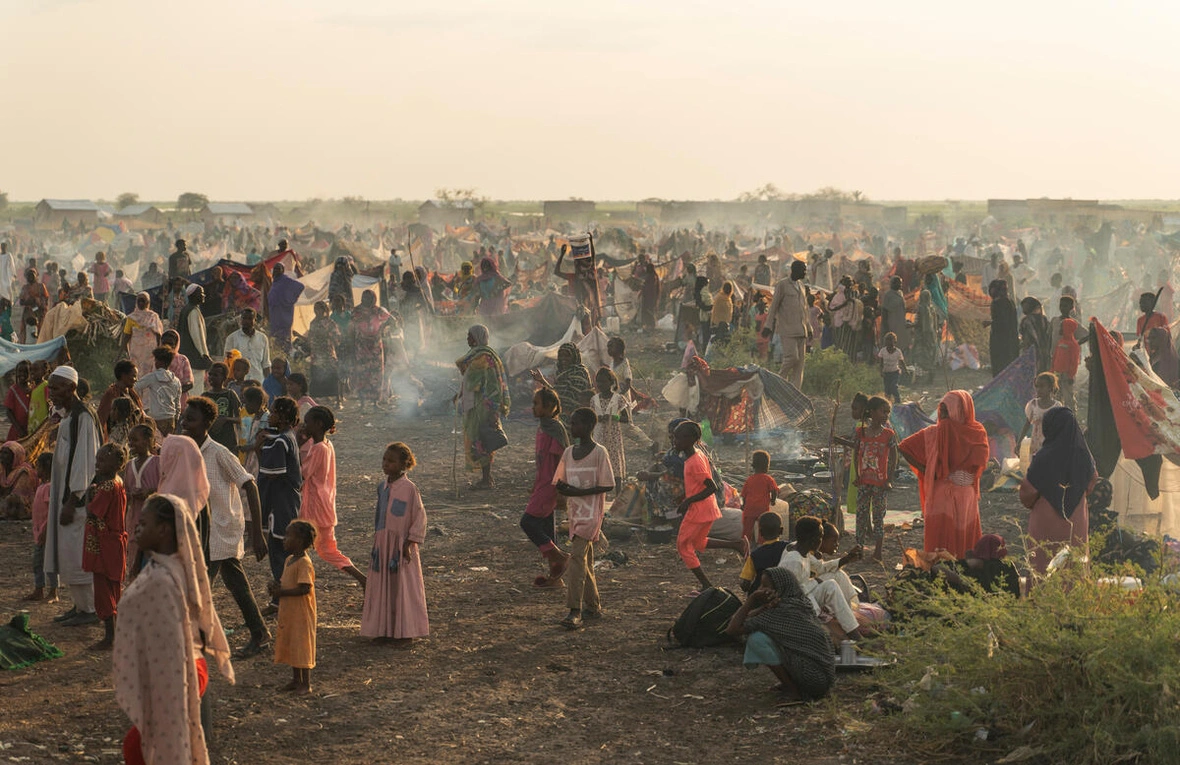Nairobi, Kenya—On April 15, 2024, the world marked one year since the outbreak of war in Sudan.
It has been a year of immense hardship for countless innocent civilians caught in the crossfire.
The ongoing conflict has led to widespread suffering, including violence, hunger, and displacement.
More than 8.6 million people have fled their homes, with 1.8 million people, primarily women and children, crossing to neighboring countries.
Thousands are still crossing the borders to South Sudan and Chad.
Urgent action is needed to address the humanitarian crisis and uphold human rights.
The international community, along with organizations like the African Union and the United Nations, must intensify efforts to protect civilians and prevent further violence.
There is a critical need to provide increased humanitarian assistance to those most affected by this conflict. This includes ensuring access to essentials like shelter, clean water, and medical care.
Monitoring human rights abuses and coordinating international support are vital aspects of the collective response to the crisis in Sudan.
Diplomatic initiatives and mediation efforts must succeed. They are needed to facilitate dialogue between warring factions and work towards a lasting peace agreement.
Establishing mechanisms for justice and accountability is essential to holding perpetrators of human rights violations accountable and providing justice for victims.
Looking ahead
Concerted action is needed from all quarters to end the war in Sudan, as the stories and images from the country serve as a stark reminder of the human cost of this conflict.
Long-term investment in Sudan's infrastructure, education, and healthcare systems is important for rebuilding communities and promoting stability.
Involving local communities, civil society organizations, and women's groups fosters inclusive peacebuilding processes.
Let's join hands to make a meaningful difference in the lives of the Sudanese people and contribute to a brighter future for the country.


